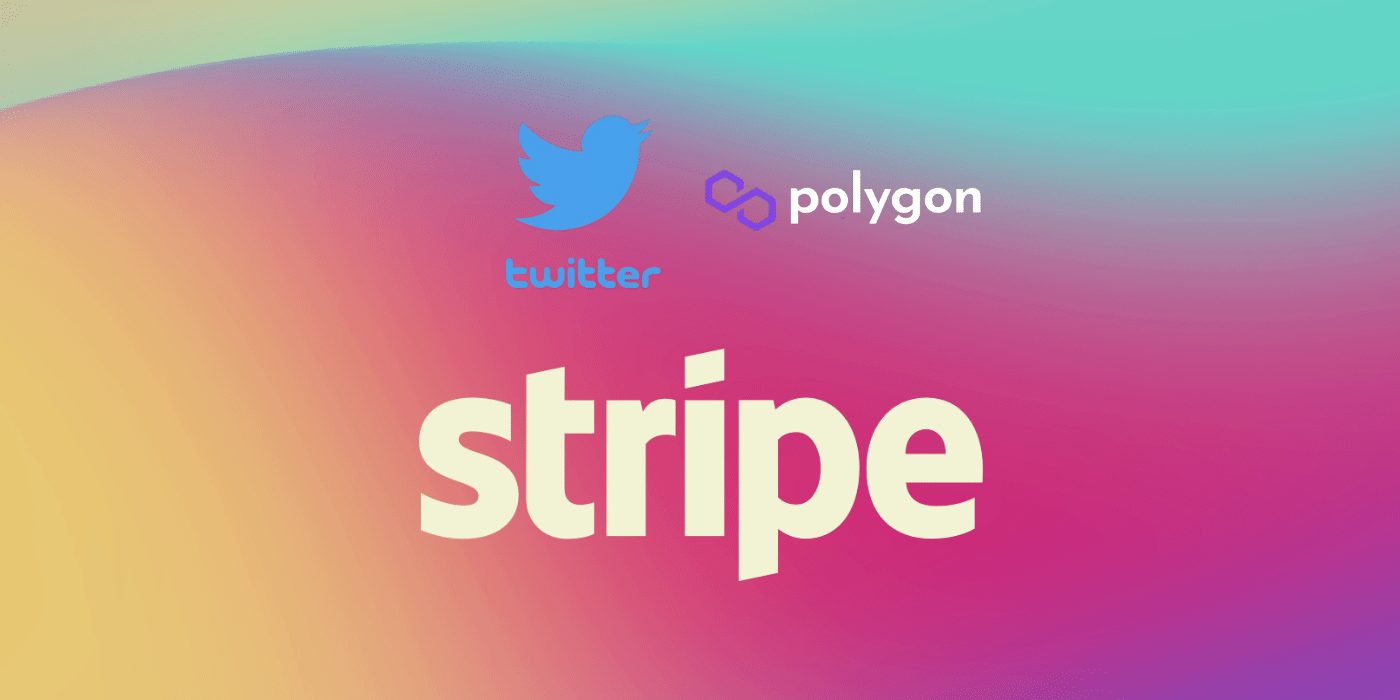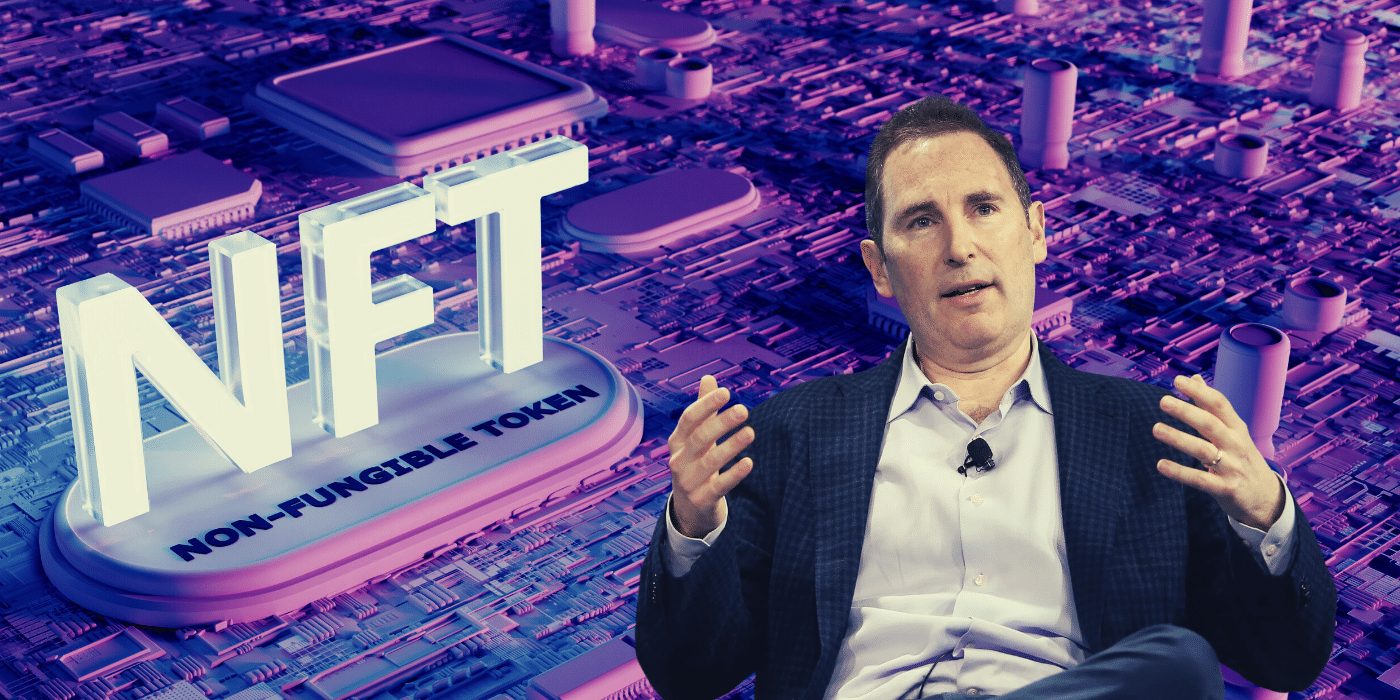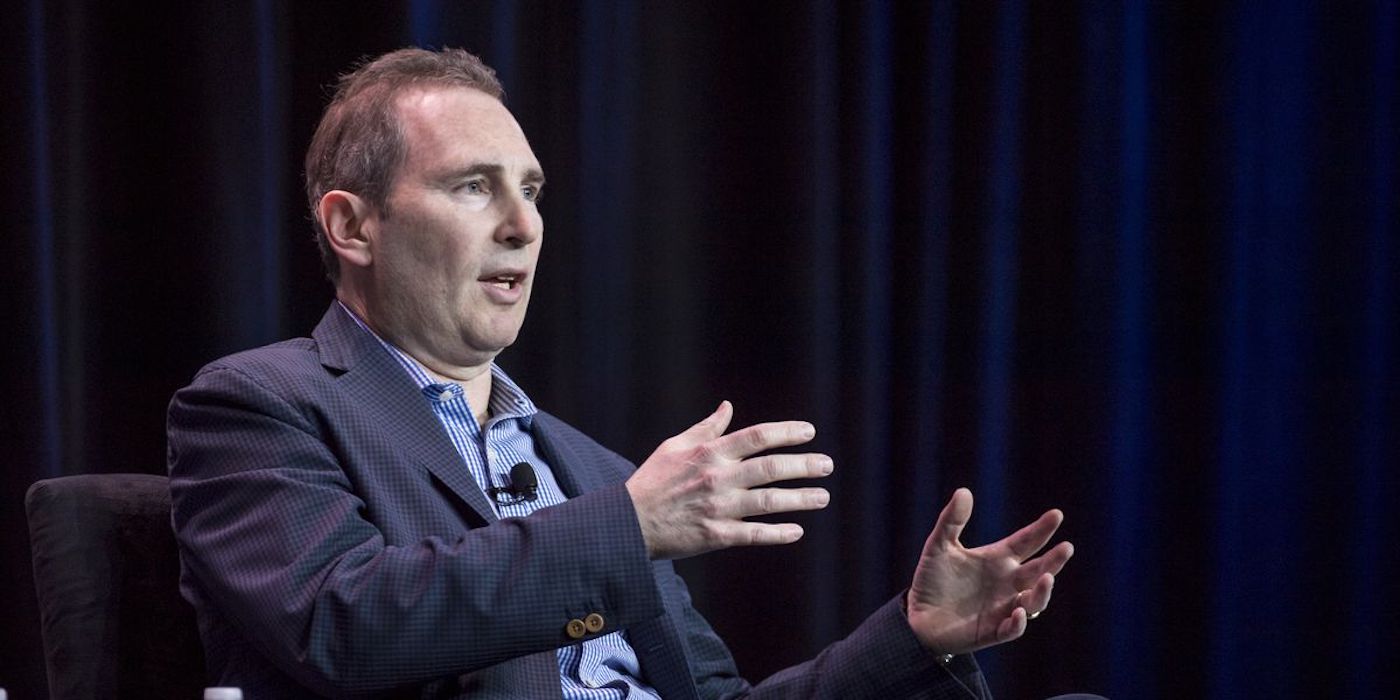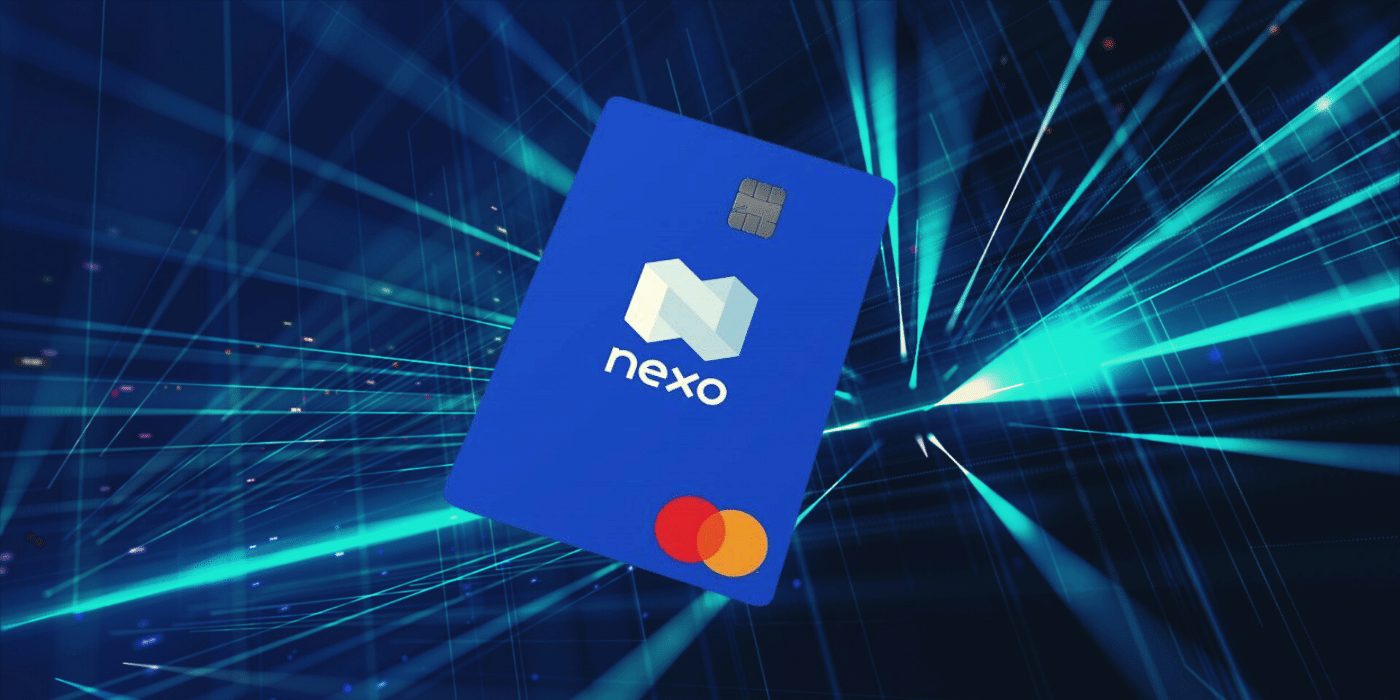An Australian company has developed a world-first platform to enable people to use cryptocurrency for everything from buying a cup of coffee to purchasing a home.
The Digital Currency Reserve (TDCR) aims to see cryptocurrency used widely throughout the world for everyday transactions as easily as credit cards are used today, while giving consumers and businesses the same privacy laws and consumer protections they demand from traditional financial services.
The high-powered team behind the technology includes former Federal Communications Minister and Senator, Stephen Conroy.

Our goal is to expand cryptocurrency access to more businesses, stores and services, allowing TDCR members to avoid having to convert back into fiat currency.
TDCR founder John Fenga
TDCR aims to connect customers, businesses and utilities on the same network to enable people to make purchases in cryptocurrency without having to first convert into “fiat currency” (i.e. government issued legal tender, such as the Australian dollar).
By eliminating conversion, which can take minutes or days, businesses and consumers can transact with confidence and consistency.
TDCR also enables members to convert their crypto to fiat at any time, even at the point of purchase.
Mr Fenga said TDCR’s platform was not just for consumers. “With built-in merchant solutions, business owners can transact with consumers and suppliers in cryptocurrency without unnecessary conversions,” he said. “This way, for consumers wanting to buy a coffee with their bitcoin, a cafe can accept it for its actual cost and not an inflated amount.
TDCR makes using cryptocurrency as easy as using your VISA or Mastercard.”
While there are other technology platforms that deal in cryptocurrency, TDCR differs in that it is a hybrid of both centralised and decentralised networks – similar to current banking systems – which will make it easier for governments to adopt.
“Our goal for future releases is to enable our members to buy a property with crypto, finance it with crypto, and service it with crypto, all inside the TDCR ecosystem,” Mr Fenga said.
“We want to provide our members with bank-like tools and services, because the platform was based on banking technology.”
Retail statistics show, for merchant early-adopters of cryptocurrency payments, 40% of crypto users are new customers to their business leading to more than 300% return on investment.
“There are more than 300 million cryptocurrency investors around the world yet only about 18,000 establishments – globally – accept the currency as payment,” Mr Fenga said.
“In Australia alone, about one million people have some form of cryptocurrency but can’t use it for day-to-day transactions.”
TDCR operates in an open and accountable way – bringing cryptocurrencies out of the dark web and into the light, where both customers and governments can have confidence in the transactions. TDCR’s platform enables it to regulate and monitor all transactions and report any suspicious activity, just like a bank.
Mr Fenga said the platform was secure because, in its simplest terms, it saved the actual currency and created a duplicate for transactions. If that duplicate is stolen, it is promptly deleted.
“TDCR can monitor these duplicated “coins” because it is the issuer, acquirer, and processor throughout the entire transaction,” Mr Fenga said.
The team behind TDCR have an enormous depth and breadth of experience across a range of industries and sectors – with an investment, or interest, in cryptocurrency as a common denominator.
Mr Fenga has 20 years of experience in disruptive industries (innovations that shake up established markets or create new markets), particularly financial technology.
Jeffrey Cole, director of The Centre of Digital Future at USC Annenberg, is an international expert in digital technology who has advised world political and business leaders and was one of the founders of the Australian-based Global Disruption Fund, which identifies and invests in emerging disruptive innovations.
Marketing expert and co-founder Steve Lewis has 25 years in brand marketing and communications, while Mr Conroy is a former federal minister and John Markos is a former lawyer turned management consultant.
“The concept was born out of all of us making small crypto investments but having no ability to transact in the ‘currency’,” Mr Lewis said.
“Yes, we could send it to each other, and lose a lot in the process, but we had no ability to spend in real, legitimate terms.”
TDCR is currently trying to raise up to $5 million in capital to complete its build and with plans to launch a pilot by the end of the year.
TDR is currently capital-raising via OnMarket at www.onmarket.com.au/offers/digital-currency-reserve-eoi/











